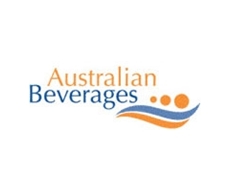Australian Beverages Council replies to calls for ‘soda tax’ providing evidence on its ineffectiveness and unfairness
Like many other countries, Australia is looking for the best solution to tackle the growing problem of obesity. As many are asking for a tax on certain products, including soft drinks, the Australian Beverages Council shows why a measure of this type will not work.
First of all, recent studies have identified what has been called “Australian Paradox” – the fact that in the last years, while the refined sugar intake has dramatically decreased (26%), as well as the consumption of sweetened beverages, the prevalence of obesity in Australians was multiplied by 3. Moreover, according to a 2012 Australian Health Survey conducted by the Commonwealth Scientific and Industrial Research Organization (CSIRO), soft drinks represent just 1.7% of the average adult’s daily calorie intake. This figure shows that a tax on soft drinks would not have much effects.
In addition, similar taxes in other countries have failed: the Danish ‘fat tax’ was abolished 18 months after its introduction due to its ineffectiveness and negative impact on the economy. In 2014 also the European Commission conducted a study on the impact of food taxes, concluding that instead of increasing citizens’ health these measures provoked job losses, higher food prices and higher administrative costs.
The introduction of a soft drinks tax in Mexico has raised another fundamental concern: the 63,7% of it is collected from low income families, according to KantarWorldpanel. This illustrates how such taxes are regressive and damage the most the least well-off families.
Two more facts have to be taken into account: consumers are choosing more and more no or low calorie products and, according to a 2014 Australian survey, they strongly believe that education is the most effective way to tackle obesity.
The full statement by the Australian Beverages Council can be found here: ABC White Paper.
 Education not tax, Industry, Ineffective on obesity, Physical activity not tax, Site Updates, Taxes unfair, Australia
Education not tax, Industry, Ineffective on obesity, Physical activity not tax, Site Updates, Taxes unfair, Australia